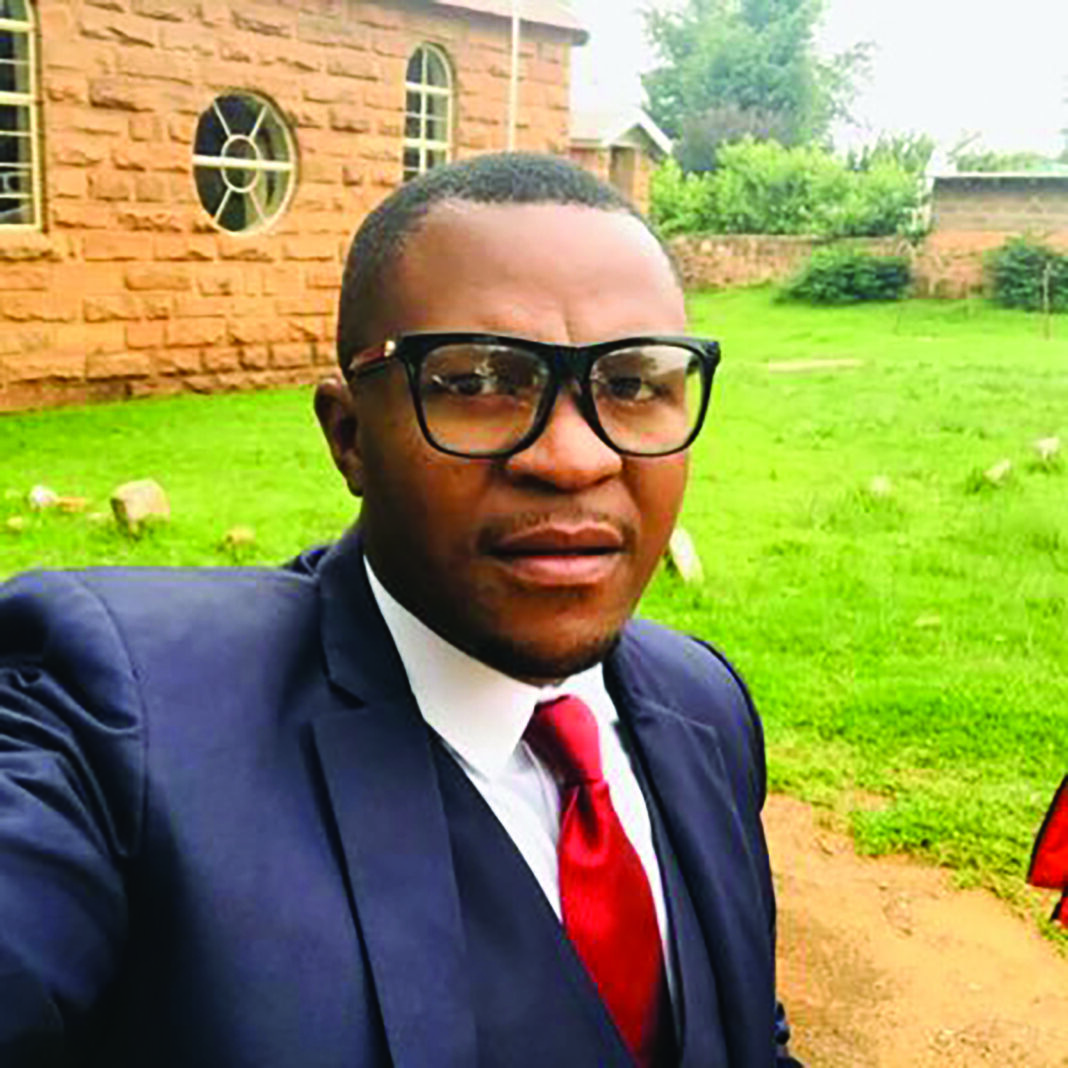Theko Tlebere
Education stands as the beacon of hope for Lesotho’s future. Recent events, including a social media uproar dismissing education and educated individuals, have prompted me to delve into the state of education in Lesotho. As an academic, witnessing such sentiments gain traction is disconcerting, leading me to embark on this series examining the landscape of education in our nation. Therefore this shall not be a response to anybody, but an effort to teach and make known to the young people of Lesotho how important education is.
In this piece, I aim to dissect the history, challenges, and promising prospects of education in Lesotho. The significance of education cannot be overstated. It serves as the cornerstone of social advancement, equipping individuals with the knowledge, skills, and opportunities essential for personal fulfillment and national development.
In Lesotho, education plays a pivotal role in steering socioeconomic transformation, extending far beyond the confines of classroom instruction to encompass learning experiences in homes, communities, workplaces, and digital platforms. Socioeconomic transformation can be compared to a complete renewal of society. It involves significant changes in how people make a living and live their lives. This renewal includes increasing income, reducing poverty, and improving education and healthcare. It also involves developing better infrastructure, like roads and schools, and other important elements. Furthermore, it encompasses improving governance and protecting the environment for future generations. Ultimately, the goal is to create a society that is just, more prosperous, and beneficial for everyone.
The objectives of education are multifaceted, ranging from personal development and socialization to empowerment and economic growth. It fosters intellectual, social, emotional, and physical growth in individuals, enabling them to realize their potential and contribute meaningfully to society.
Moreover, education is instrumental in preserving cultural heritage, language, and traditions, nurturing appreciation for diversity and fostering global citizenship. Education manifests in various forms, including formal, informal, and non-formal avenues. While formal education occurs within structured institutions guided by curricula and educators, informal learning stems from daily experiences, interactions, and self-directed exploration. Non-formal education, though outside traditional schooling systems, remains purposeful and structured, addressing specific learning needs or objectives.
Delving into the historical context, the roots of education in Lesotho trace back to the early 19th century with the establishment of schools by Christian missionaries. Over time, education emerged as a tool for empowerment and resistance against colonial subjugation. Following independence in 1966, the government of Lesotho prioritized education as a catalyst for nation-building, leading to advancements in access and infrastructure across primary, secondary, and tertiary levels. Despite strides made, challenges persist, particularly regarding access in remote and marginalized communities. Disparities in learning outcomes, teacher shortages, inadequate resources, and limited technological access remain pressing issues.
Addressing these challenges demands policy reforms, infrastructure development, and community engagement, alongside enhancements in teacher training, curriculum development, and assessment mechanisms. An emphasis must be made on this point that, abandoning education is not part of the equation. Yet, amid-st these challenges lie opportunities for innovation and collaboration. The government’s commitment to educational reform, outlined in the National Strategic Development Plan II, offers a road map for progress. Collaborations with international organizations, NGOs, and the private sector can leverage resources and expertise to drive sustainable change.
Education is pivotal in Lesotho’s development journey, fostering economic growth, health, and social cohesion. An educated populace is essential for fostering innovation, resilience, and democratic participation. By investing in education, Lesotho can harness its people’s potential and chart a course towards equitable and sustainable development.
In a world where knowledge and skills determine opportunities, education plays a crucial role, even though this may not be totally the case in Lesotho due to the challenges mentioned earlier. But an undisputed fact is that education shapes our future and impacts our lives and aspirations. Education unlocks doors and empowers individuals to reach their potential. It is the foundation of dreams and shapes futures. Can we ALL succeed without recognizing its value? At this point, as I intend to conclude, I want all young people to take a moment, and explore ten questions that will challenge our understanding of education’s worth;
1. Can you build a future without the foundation that education provides?
2. How will you achieve your dreams without the skills and knowledge education offers?
3. Is rejecting education a wise choice in a world where knowledge is power?
4. Are you limiting your potential by turning away from education?
5. Do you realize that education is about more than just grades—it’s about discovering your passions and talents?
6. How will you compete in the job market without the qualifications education provides?
7. Are you prepared for the consequences of sidelining education, such as limited career options?
8. Have you explored all avenues of learning before dismissing education?
9. Do you understand that education empowers you to shape your future?
10. How do you justify denying yourself the opportunities that education provides for success?
In conclusion, it is undeniable that education is not only a choice but a necessity in today’s knowledge-driven world. Ignoring its importance is a risky decision that not only impacts one’s own future but also the well-being of society as a whole. As we consider the questions raised, it becomes evident that rejecting the opportunities provided by education is a dangerous path to take. With growing challenges and fierce competition, it is crucial to understand that education is the key to unlocking doors to success and ensuring a brighter future. Therefore, let us set aside any lingering doubts and embrace the trans-formative power of education. By doing so, we pave the way for a more prosperous and empowered future for ourselves and future generations. The Future is NOW!




